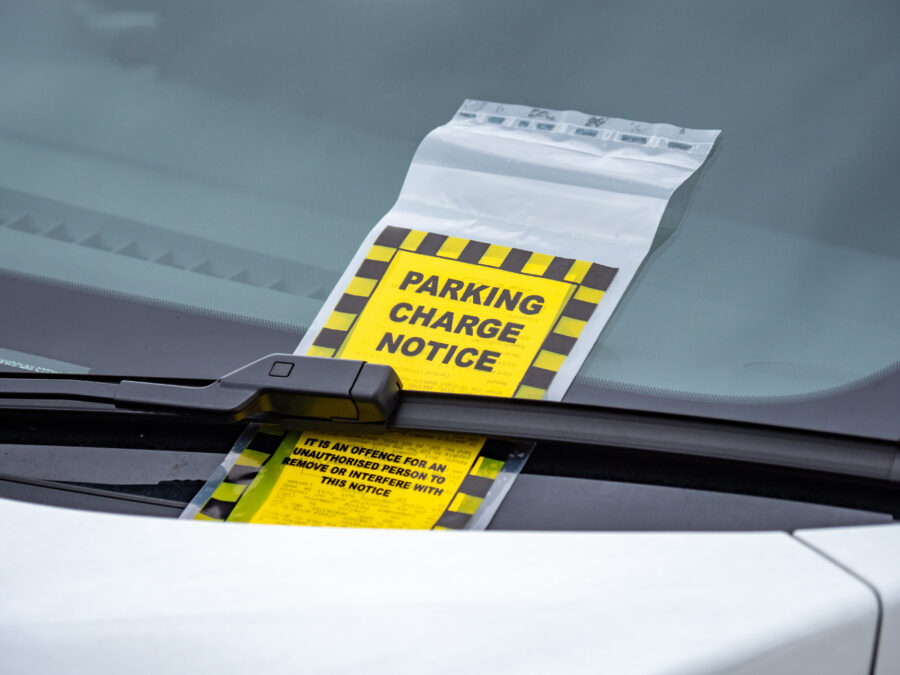
UK Parking Tickets: Penalty vs Parking Charge Notices
There’s nothing quite as frustrating as returning to your car only to find a yellow ticket stuck to the windscreen. But before you assume you’ve been “fined,” it’s important to understand what that ticket really means. When it comes to parking enforcement in the UK, the distinction between a Penalty vs Parking Charge Notices is crucial. They may look similar by they carry very different legal weight.
In this guide, we’ll explain the difference between a penalty charge notice and a parking charge notice, who can issue them, how to appeal, and what happens if you choose to ignore one.
What Is a Parking Ticket, and Who Can Issue It?
A parking ticket is a notice issued when a driver is believed to have breached parking rules. These can be handed out by either:
- Local authorities and councils through civil enforcement officers
- Private parking companies managing car parks on private land (like supermarkets or retail parks)
Understanding the issuing authority is crucial, as it determines whether you’re dealing with a legally enforceable fine or a private invoice.
Types of Parking Tickets in the UK
1. Penalty Charge Notices (PCNs)
- Issued by councils or government authorities.
- Enforceable under UK law.
- Can also be given for bus lane violations, yellow box junction misuse, or other traffic infringements.
- Non-payment may lead to court proceedings and debt enforcement.
2. Parking Charge Notices
- Issued by private companies (often in supermarket or retail car parks).
- Technically not fines, but invoices for breaching the “terms and conditions” of parking.
- Enforceable only through the civil court system, not criminal court.
How to Tell the Difference
Both notices often appear as yellow envelopes on your windscreen and may even use the same acronym – PCN. Here’s how to spot the difference:
- Check the wording carefully. Look for “Penalty Charge Notice” (council-issued) vs. “Parking Charge Notice” (private company).
- Notice through the post? Private companies often use ANPR (Automatic Number Plate Recognition) cameras. If you overstayed or didn’t pay, they may send a notice directly to the registered keeper via the DVLA.
What Happens if You Receive a Penalty Charge Notice?[1]
- Payment: You must pay within 28 days. Pay within 14 days and the fine is usually reduced by 50%.
- Appeals: Start with an informal appeal using the instructions on the back of the PCN. If rejected, you can formally appeal after receiving a Notice to Owner (NTO).
- Ignored PCNs: These can escalate to County Court Judgments (CCJs) and affect your credit rating.
What Happens If You Receive a Parking Charge Notice?

- Common reasons: Overstaying time limits, not displaying a valid ticket, parking outside a bay.
- Typical charge: Around £100.
- Enforcement: Private companies cannot issue fines, only invoice you. They may take you to small claims court, but they must follow legal procedures.
How to Appeal a Parking Charge Notice
- Check the issuing company: Is it a member of the British Parking Association (BPA) or the International Parking Community (IPC)? Only approved members can legally request your details from the DVLA.
- Gather evidence: Take photos of broken ticket machines, unclear signage, poor bay markings, or weather conditions that may have affected your ability to comply.
- Initial complaint: If there’s an attendant on-site, show them the evidence. They may cancel the notice immediately.
- Formal appeal: If not resolved, appeal through the operator’s process. If rejected and the operator is BPA/IPC accredited, escalate to POPLA (Parking on Private Land Appeals).
- Check timing: If the notice arrives more than 14 days after the incident and doesn’t comply with Schedule 4 of the Protection of Freedoms Act 2012, there may be no keeper liability.
What Happens If You Ignore a Ticket?
Penalty Charge Notice:
- Will be escalated legally.
- May result in a County Court Judgment (CCJ) and affect your credit history.
Parking Charge Notice:
- If ignored, private operators may refer the debt to collection agencies.
- They can pursue a small claims case, but they must prove the driver was at fault.
Tips for UK Drivers
- Don’t panic. Understand the type of notice and your rights.
- Don’t ignore council-issued PCNs — they are enforceable and can escalate quickly.
- Be cautious with private tickets — not all are legitimate or compliant with the law.
- Keep records — always photograph signage, tickets, and your surroundings.
- Watch out for QR code parking scams, where fraudsters stick fake QR codes on parking meters or signs, tricking drivers into entering their payment details on fraudulent websites.
The world of UK parking enforcement can be confusing, especially with similarly named tickets issued by very different authorities. By learning the difference between a Penalty Charge Notice and a Parking Charge Notice, you empower yourself to respond appropriately, protect your rights, and avoid unnecessary fines or court cases.
Understanding your options — and how to appeal effectively — can save you both stress and money.
Find this article interesting? Check out our Insurance Jargon Busting Guide.
From fines to fraud, having the right cover matters. Make sure your car insurance doesn’t just tick the legal boxes but also gives you peace of mind when things go wrong.
Disclaimer:
This article is intended for general informational purposes only and does not constitute legal advice. While we strive to ensure the information is accurate and up to date, we cannot guarantee any specific legal outcomes. If you are dealing with a parking ticket or related issue, we recommend seeking advice from a qualified legal professional.
[1] Parking fines and penalty charge notices: Paying a ticket – GOV.UK







